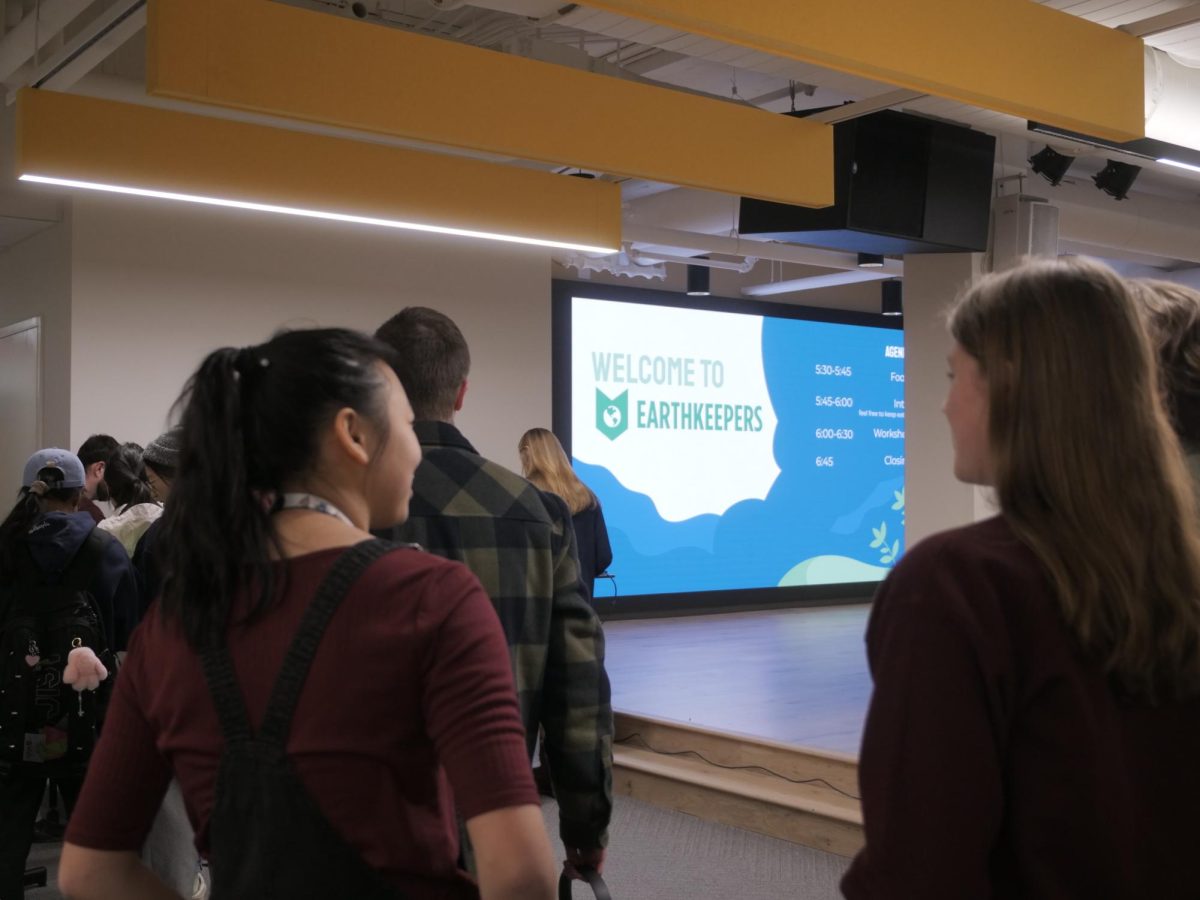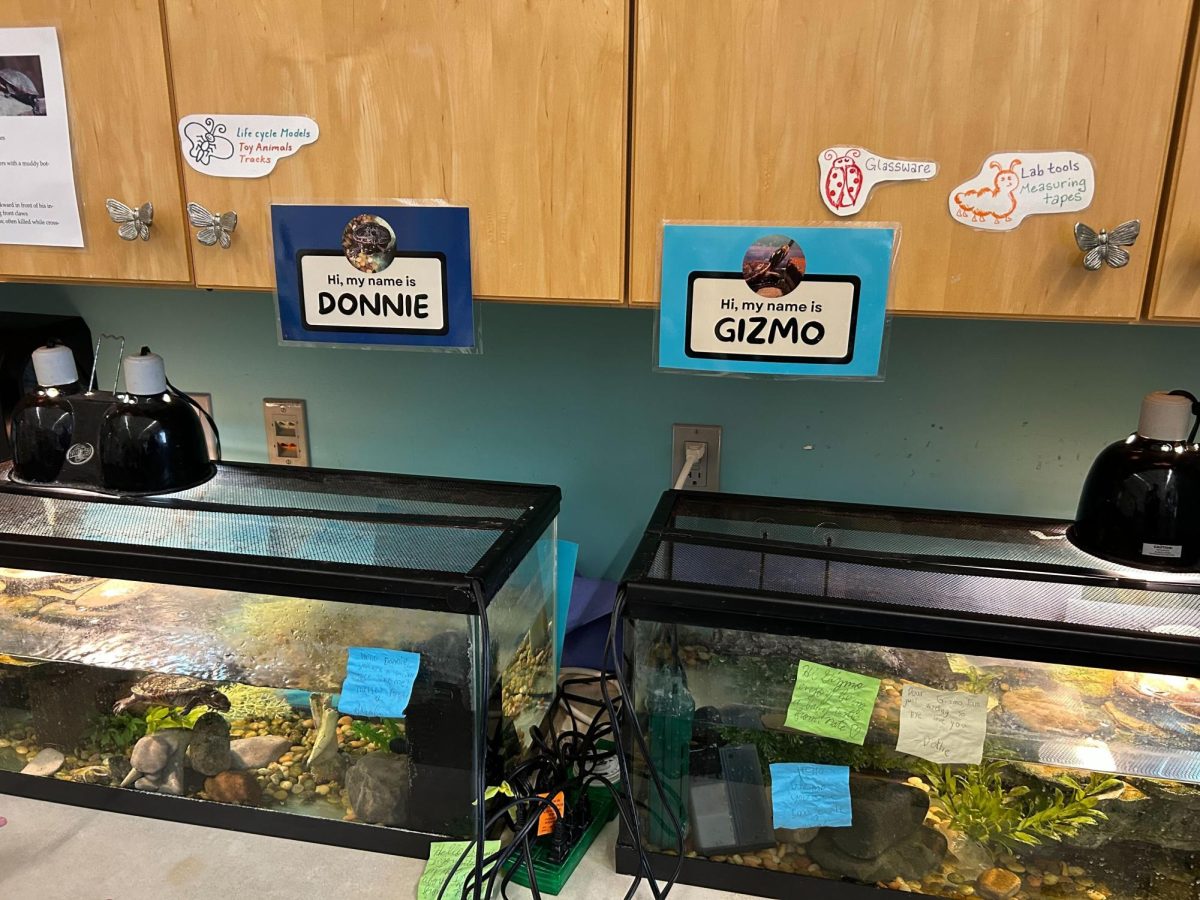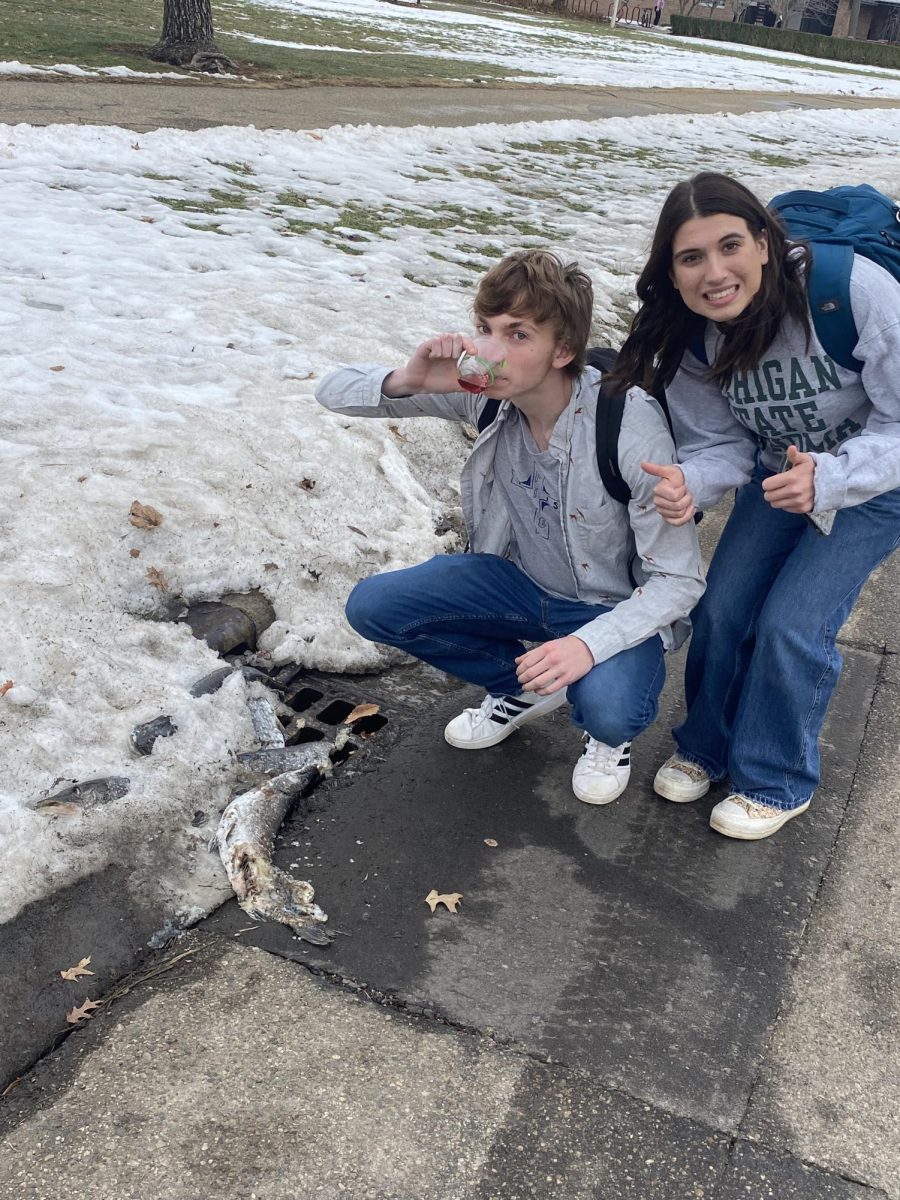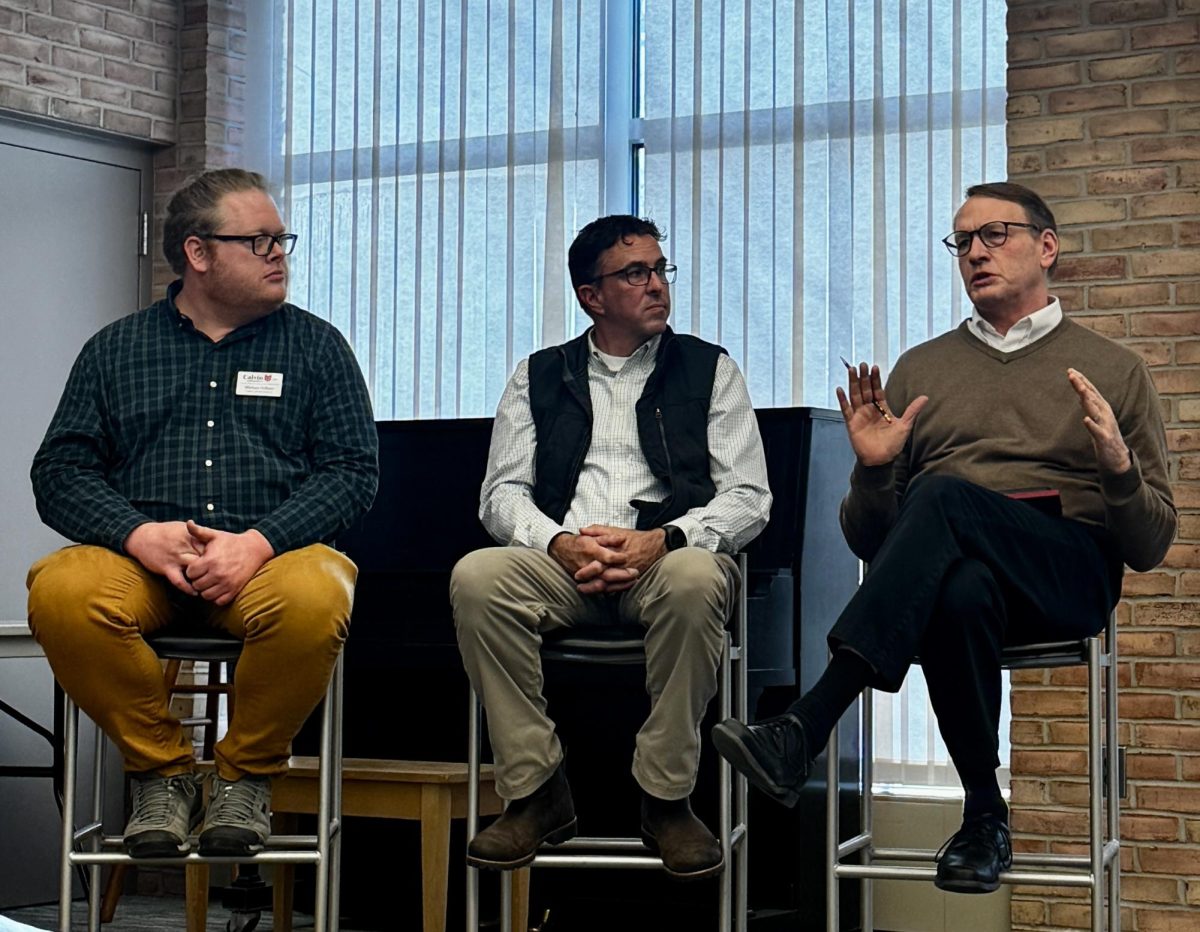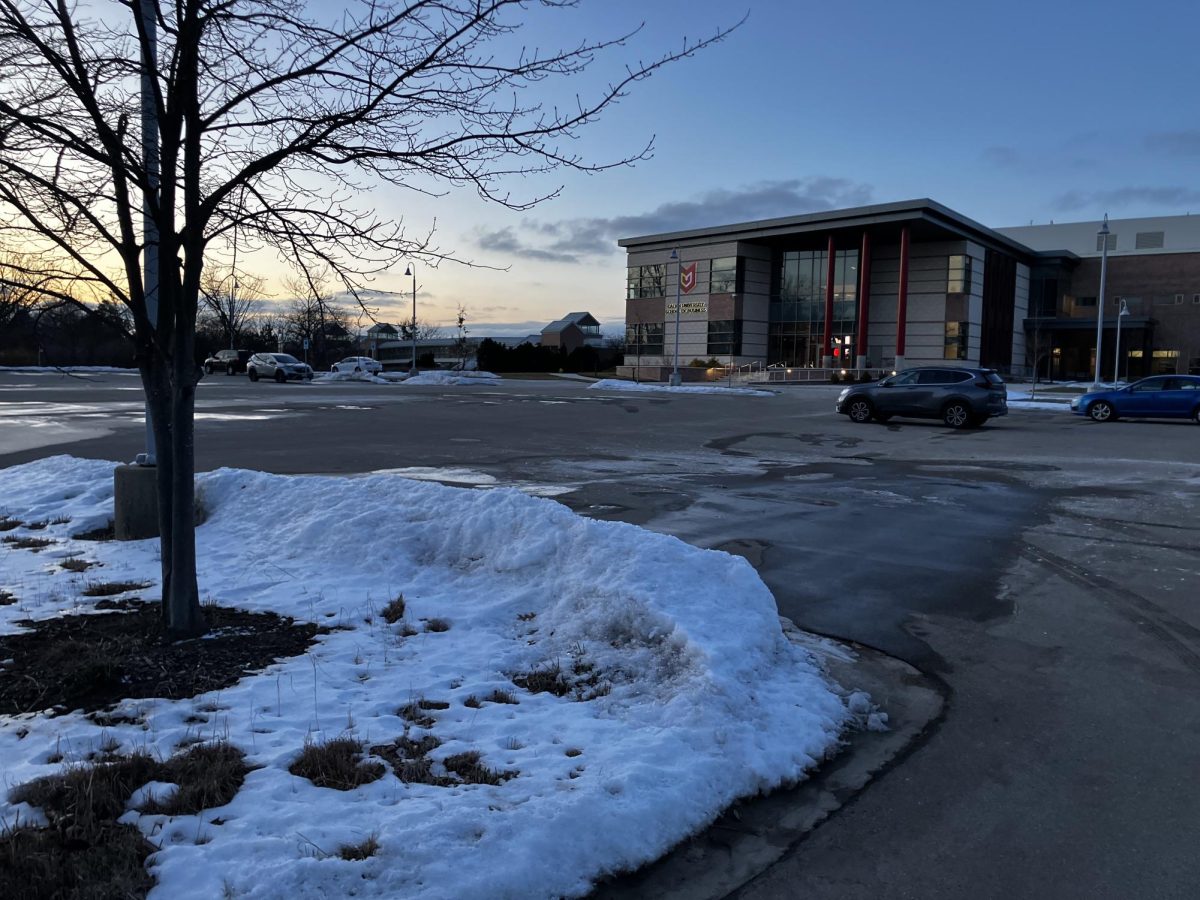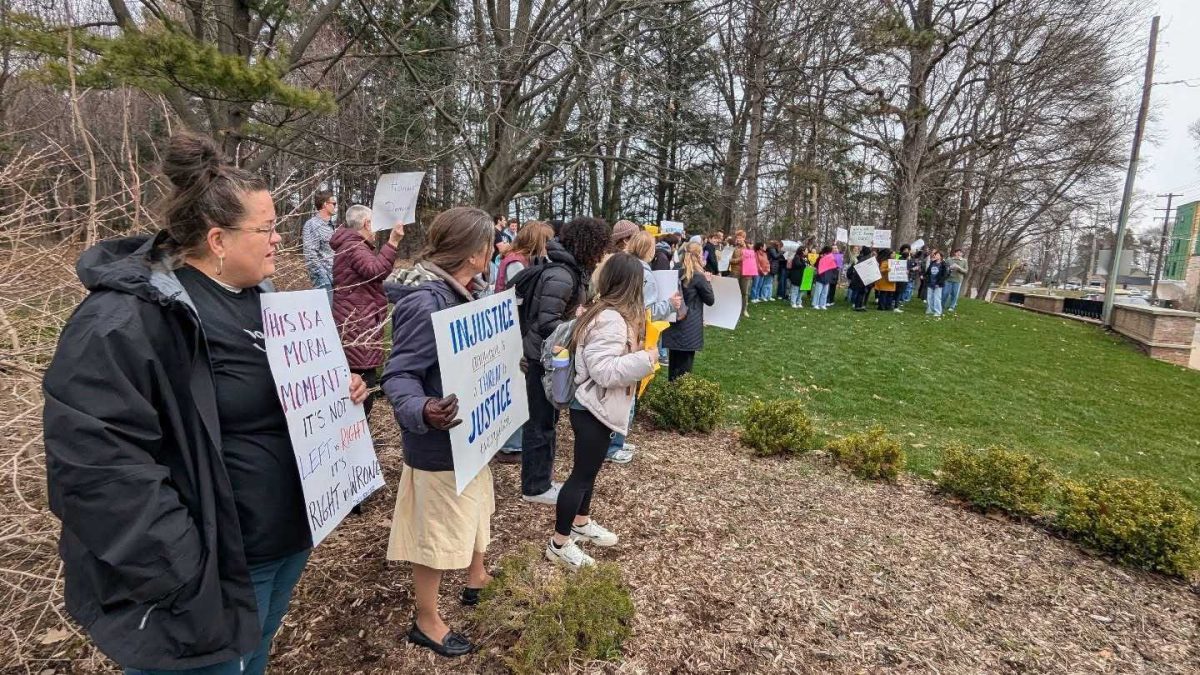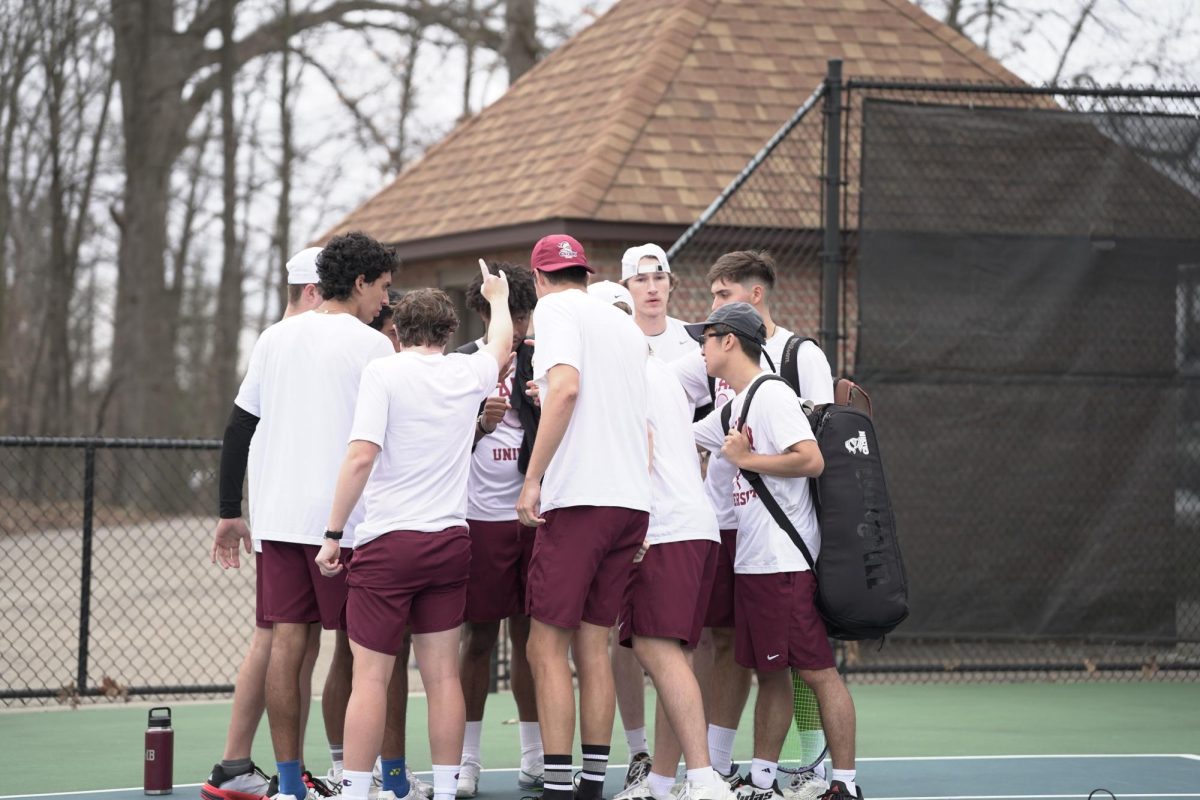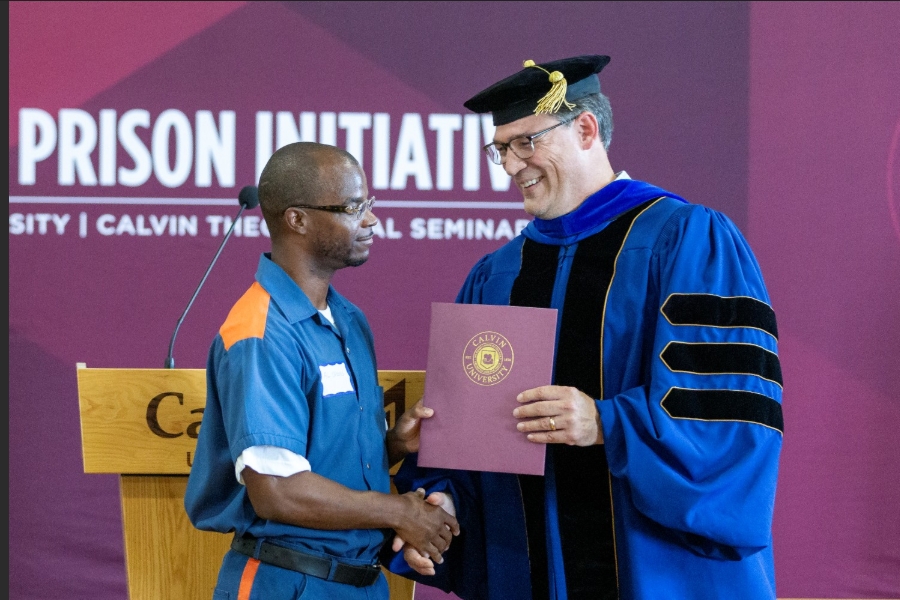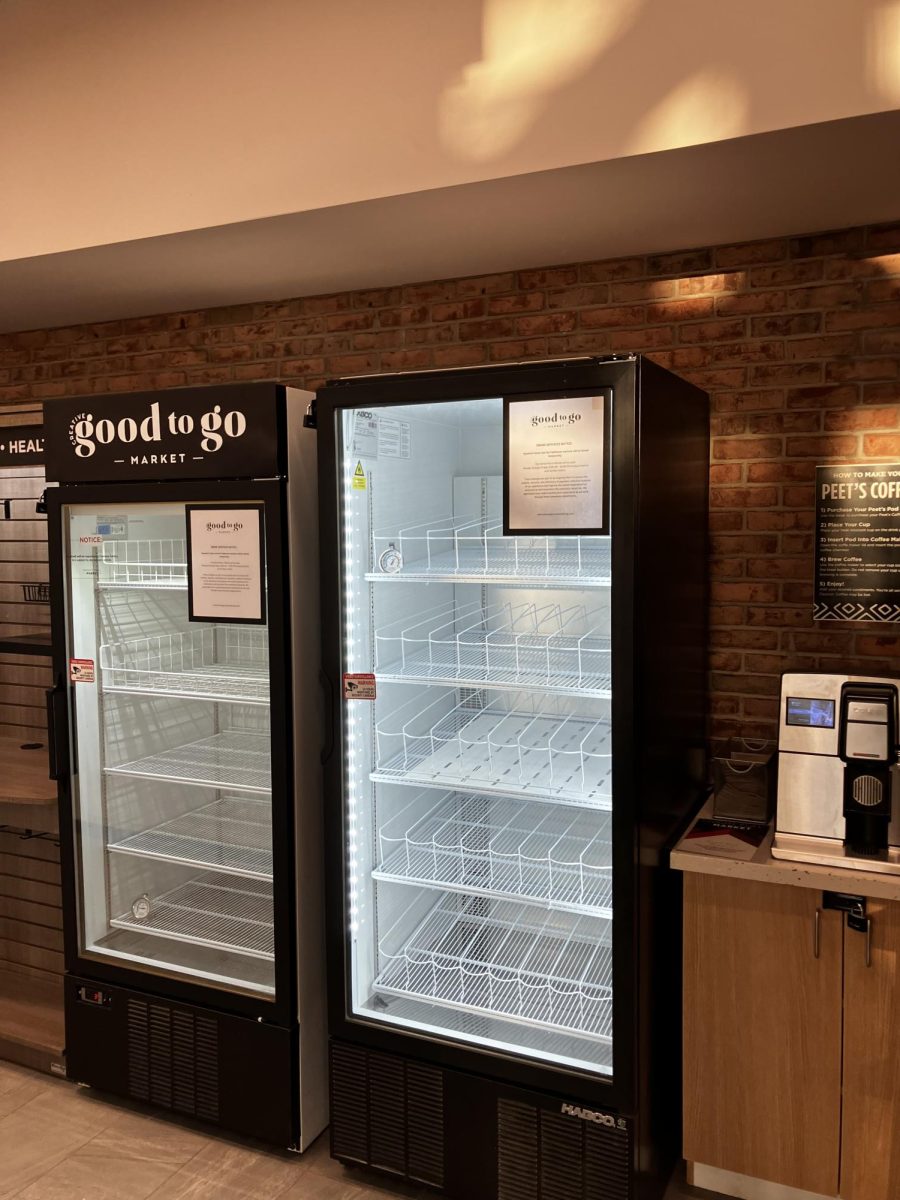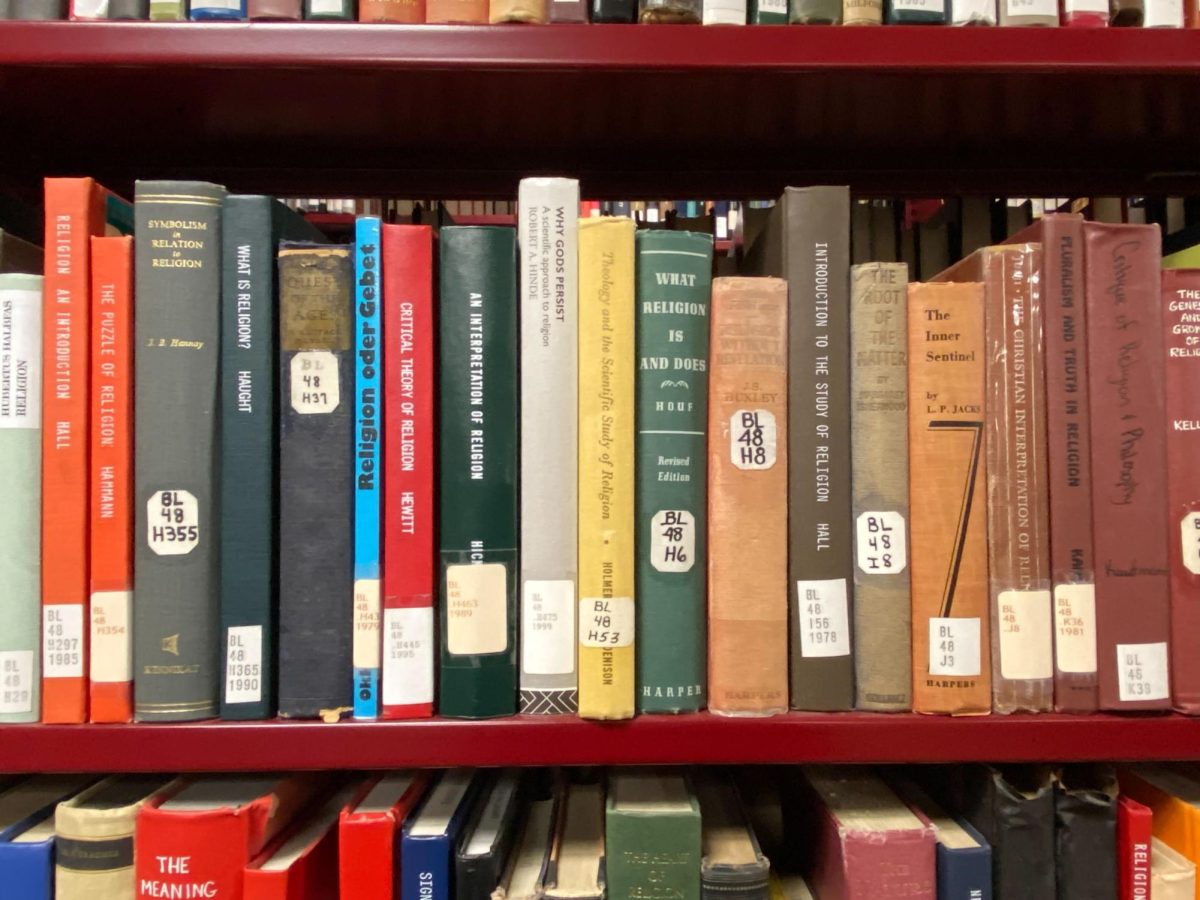Earthkeepers, a new student club aiming to unite sustainability efforts on campus, hosted their kickoff meeting last Thursday, Feb. 7, filling the Hekman Collab Space with students passionate about sustainability.
Earthkeepers was formed by Jack Klop, Ellen Dhaseeler and Andrew Slagter in response to the decision to cut the Sustainability Fellows Cohort. The club, which hopes to get elevated to student org status next semester, will function as “an umbrella organization to connect all the other student clubs and orgs on campus that are already doing sustainability work,” said Dhaseeler. “We want to bring them together to leverage that power and create collaboration.”
The overall mood was one of optimism. “I’m just super excited to see what Earthkeepers becomes,” said Joslin Wright, a freshman who is part of the Sustainability Fellows cohort. The Earthkeepers’ goal of streamlining communication and building mutually beneficial relationships between student orgs also resonated with students. “Bringing it together makes it all the more important and people notice that and want to be a part of that,” said Caroline Adkins, a sophomore who works as an environmental educator in the Calvin Ecosystem Preserve. “Calvin has a lot of really cool initiatives that aren’t promoted well enough,” noted Noah Buys, a junior and the president of Calvin’s chapter of the American Conservation Coalition, “and the Earthkeepers’ mission is to bring [them] to light.”
The event began with an overview of the Earthkeepers’ mission and goals. This semester, the club hopes to complete one awareness project (such as recycling awareness), one tangible project (such as the planned rain garden outside of Hiemenga Hall), and host multiple events (like sustainability showcases and the twice-a-year clothing swap). Students also heard from various sustainability-related initiatives around campus, including the American Conservation Coalition, Food Recovery Network and the Calvin Energy Recovery Fund (CERF). The event concluded with a brainstorming session for future projects, events, and communications.
Students at the event represented a wide variety of sustainability interests. Some, like Joe Pham, a senior who was part of an engineering class project tasked with evaluating the possibility of solar panels at Calvin, became interested in sustainability through academics. Others, like Rinah Fiol, junior and member of the Food Recovery Network leadership team, had been invited to give an elevator pitch about the work their organizations do.
Calvin students see a wide variety of reasons to care about this issue. For Fiol, promoting sustainability is a way to live into trust in God’s sovereignty, “as well as our own appreciation of the good things he has made for us to enjoy and to steward.” “It’s important to live out your faith in a way that preserves the creation that God’s given,” says Buys.
“When we imagine sustainability, it’s these overwhelming problems that are happening in the world,” says Dhaseleer, “but actually, we can all do our part and help to make our communities better, make our watersheds better, our ecosystems better and mend those relationships.”
Students who want to get involved can follow @CalvinSustainability on Instagram to learn more.




